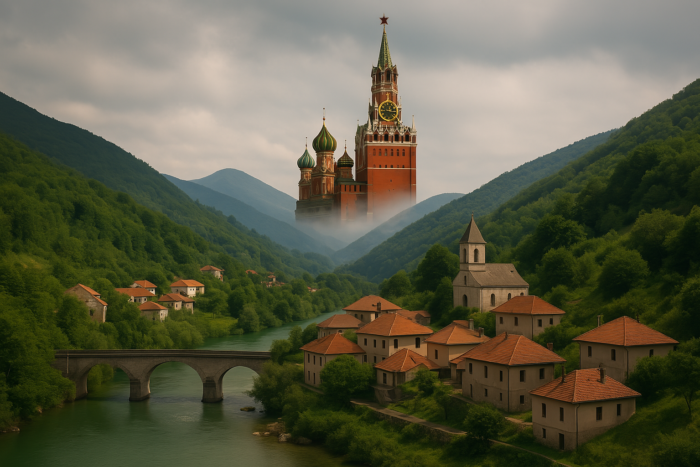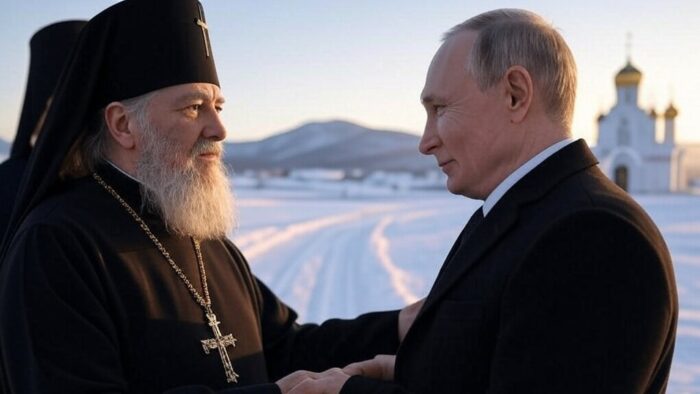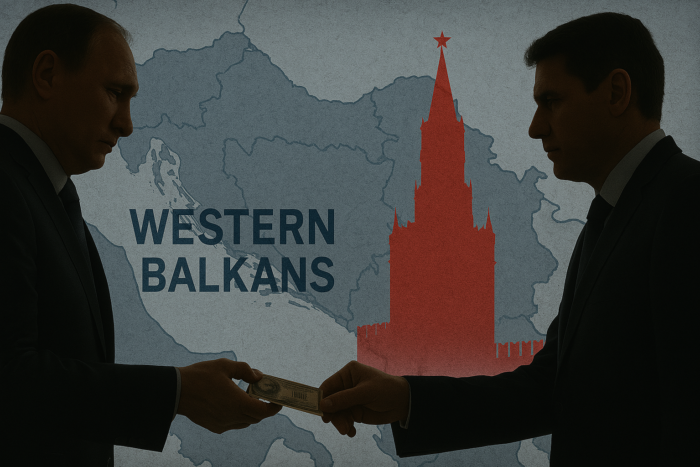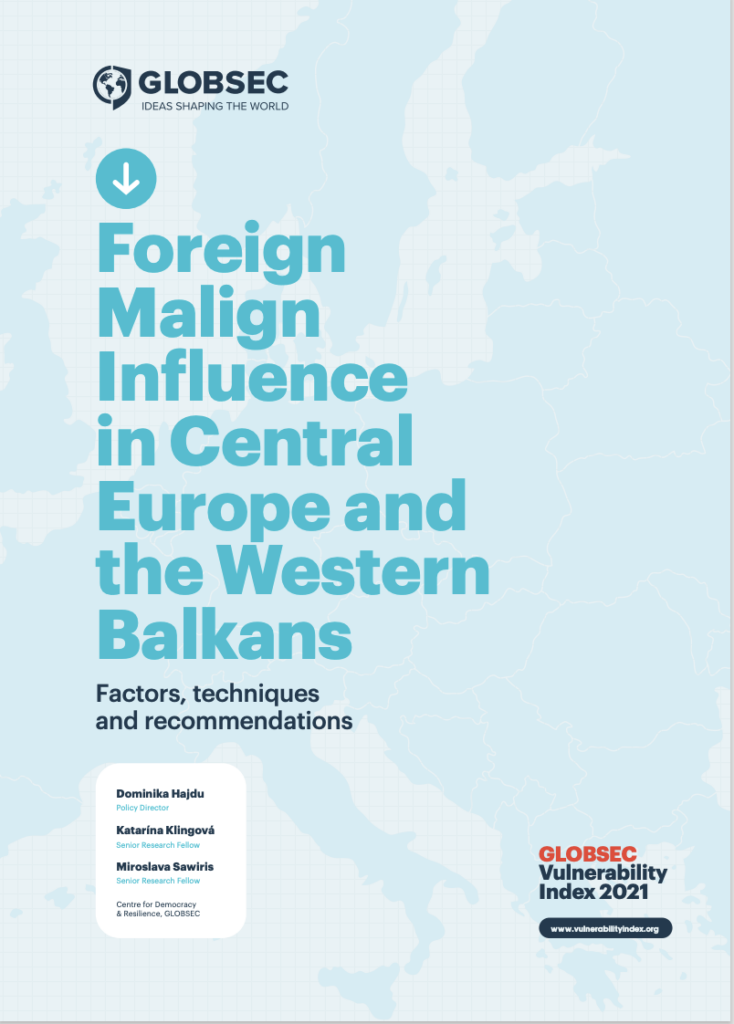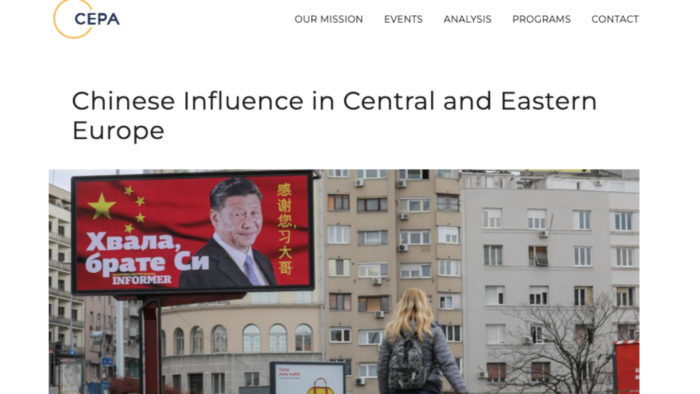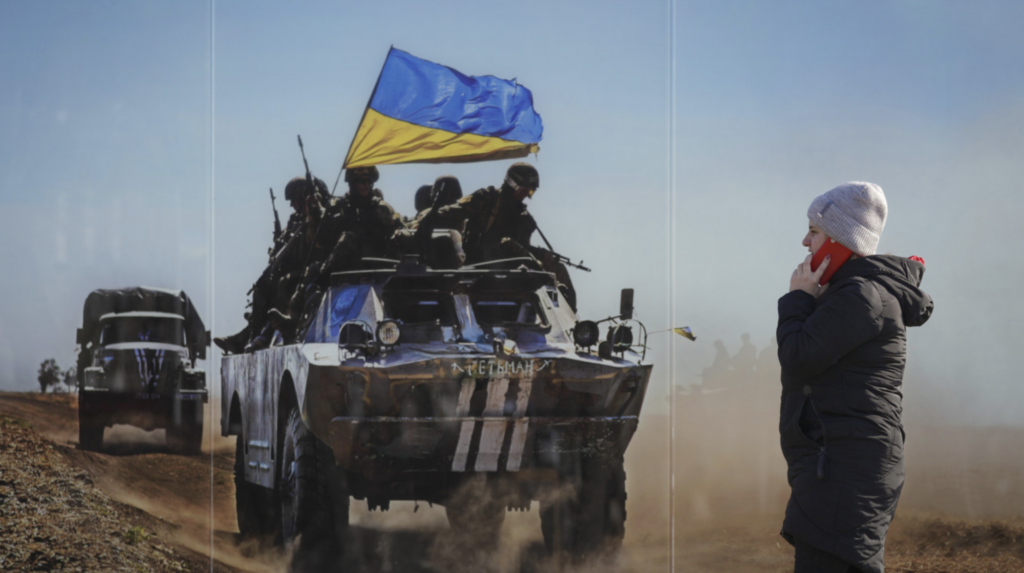Georgetown University’s Berkley Center has recently published a report on Russia’s influence in the Balkans, arguing that Russia uses historical, cultural, and religious links to spread its influence in the region. According to the report:
July 25, 2022 However, more important for Russia are the region’s significant historical, cultural, and religious connections—narratives of shared ties that are actively propagated by Russian media outlets in the region, as well as public diplomacy officials. More specifically, Moscow plays the shared cultural and religious ties card among the region’s Orthodox Christian population that constitutes significant percentages in Bosnia, in addition to majorities in Serbia, Montenegro, and North Macedonia. Serbia has been perceived as Russia’s kin state in the region, a much smaller and feebler version of the Russia-Belarus relationship, which involves manipulating identity politics, church relations, and economic interests. As one of the last regions of Europe that has not yet been fully integrated into Euro-Atlantic structures, the Balkans present an obvious target for Russian influence operations. Religious links are usually gate-openers for more consequential deals—including in strategic sectors such as energy, banking, and real estate—and hence gradually lead to political and economic dependence. […] Russian overt and covert influence operations in the Balkans have been aimed at fostering local, people-to-people connections and creating friendly constituencies and various levers of influence. Russia’s second approach was to exacerbate existing political and social fissures within a country, betting that such moves would inhibit further integration into Western economic, political, or security structures.
Read the rest here.
The Global Influence Operations Report previously reported that the post-communist legacy, pan-Slavism, the role of the Orthodox Church, and deeply embedded cultures of corruption in the Balkans are important factors that facilitate Russia’s malign influence in the region. We have also reported that Russia engages a range of actors and tools across the Balkans, including official diplomats, friendly oligarchs, radical groups, and leading media outlets. This effort is facilitated by common languages among several states of the former Yugoslavia.

